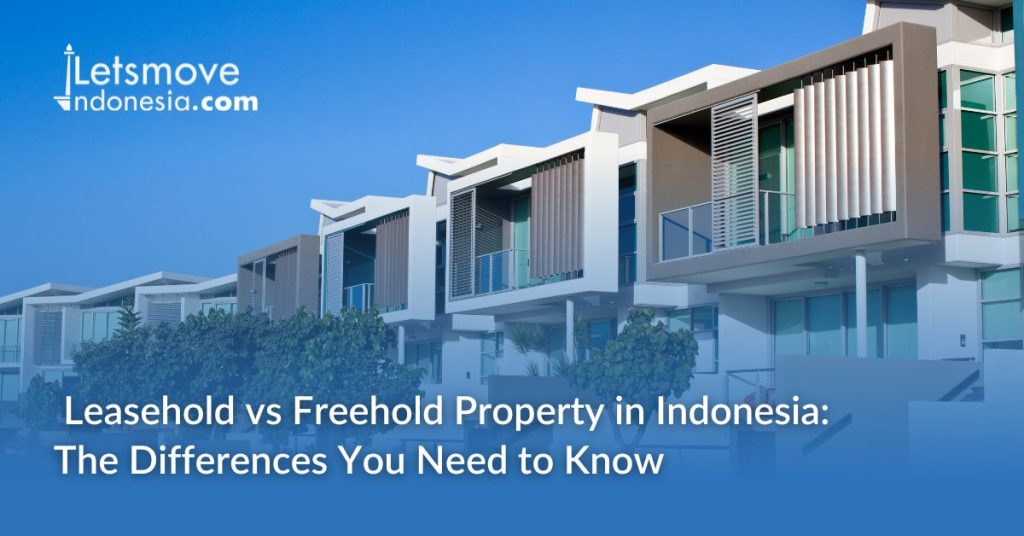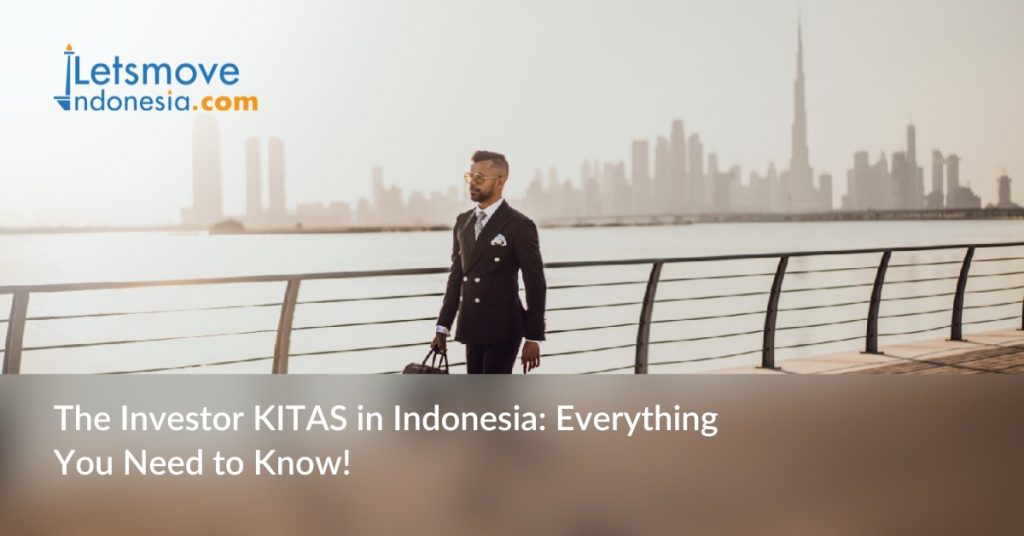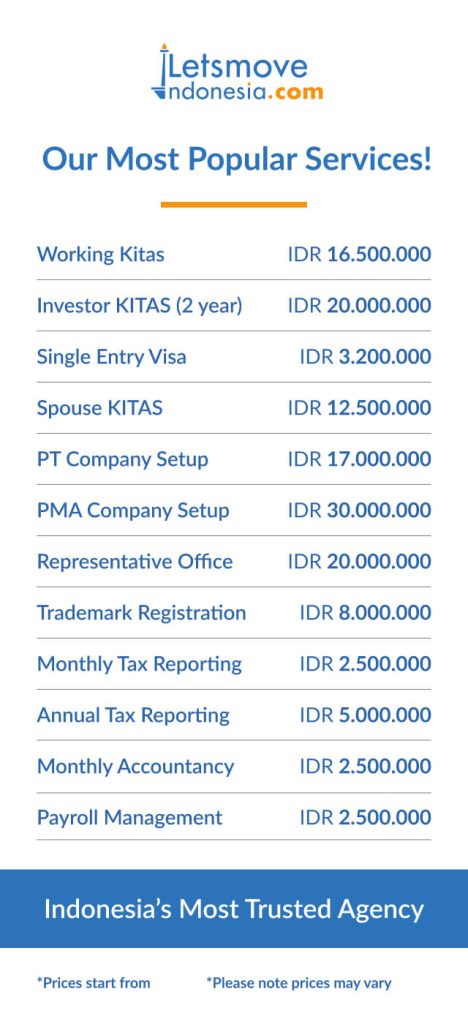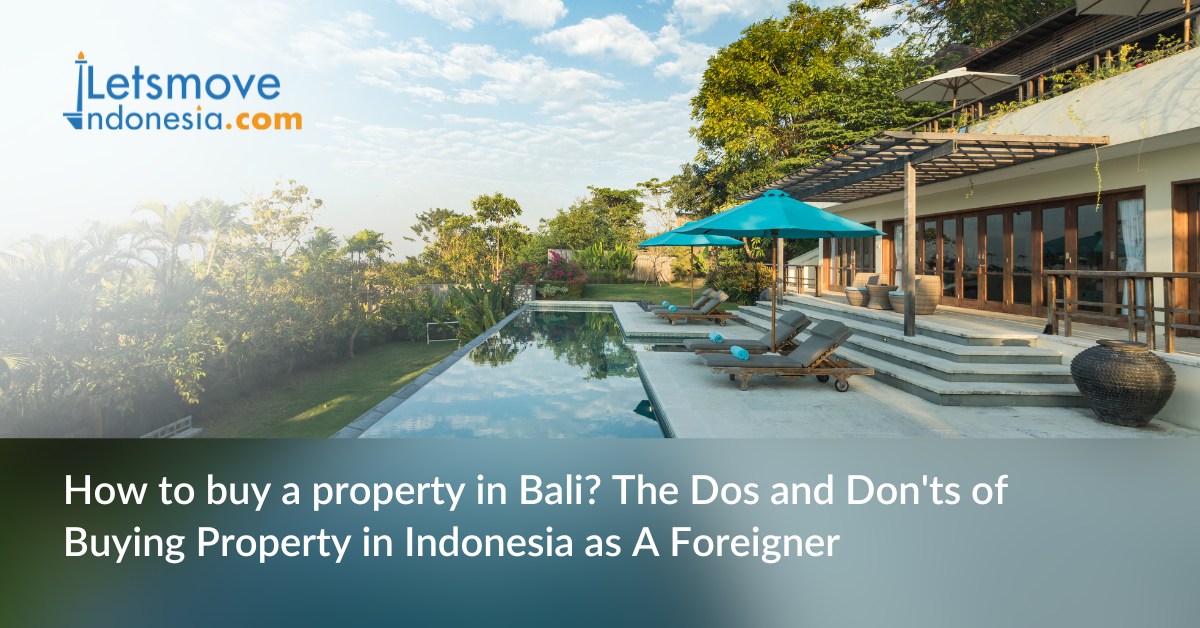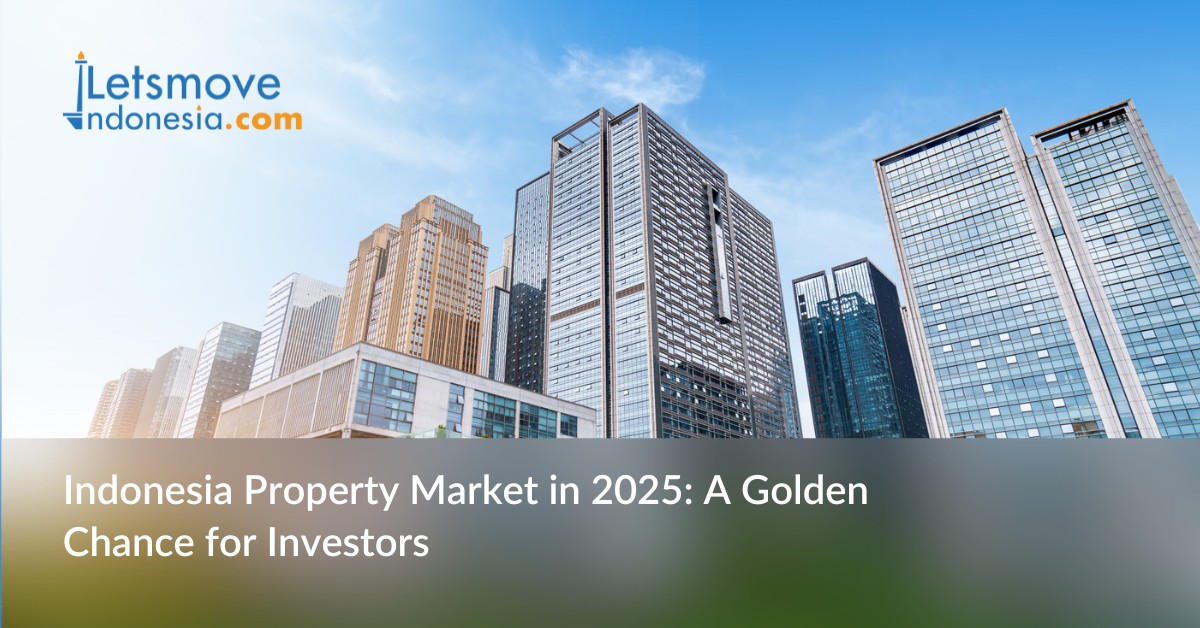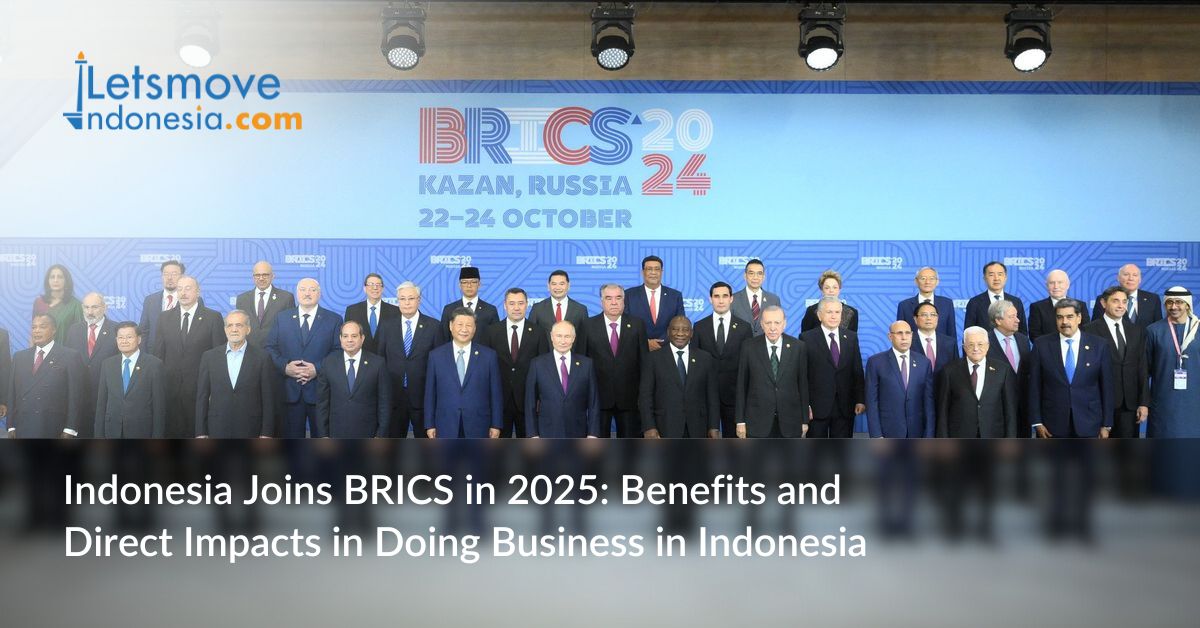Within Indonesia’s real estate landscape, two distinct ownership types exist: leasehold and freehold. Prior to investing in real estate, comprehending these variations proves pivotal. Leasehold ownership entails the right to use and occupy a property for a defined period, typically 25 to 35 years.
In contrast, freehold ownership grants absolute control over the property without any temporal constraints. Both options have merits and drawbacks, impacting the property ownership journey significantly in Indonesia, whether you’re a local or an expatriate.
The Indonesian Real Estate Scene
Over the past decade, Indonesia’s real estate has surged. With a populace exceeding 270 million and a burgeoning middle class, demand for property has soared. Government policies aimed at attracting foreign investment have further fuelled market growth.
Despite the optimistic outlook, challenges persist, including high-interest rates and bureaucratic hurdles. Nevertheless, experts remain hopeful about Indonesia’s property market trajectory.
Understanding leasehold and freehold rights
Discerning the dichotomy between the two types of ownership rights is crucial for buyers and sellers. A leasehold confers limited ownership for a fixed period—usually 25 to 35 years. In contrast, freehold ownership grants indefinite rights over the property and its land.
These distinctions influence buyer rights, obligations, and potential resale value. Leasehold properties often entail extra costs like ground rent and service charges, impacting buyers’ financial planning.
Leasehold Agreement in Indonesia (Hak Pakai)
With a leasehold title of 25 years and the possibility of extension, a villa presents a fantastic investment opportunity for those seeking a more flexible tenure. The leasehold property allows occupants to enjoy the property’s exclusivity and amenities for the duration of the lease term.
Leasehold property in Indonesia signifies ownership on a rental basis. Individuals or businesses gain the right to occupy and use the property for a specified period under this setup, usually 25 to 35 years, extendable.
Lower initial expenses, the ease of transferring leasehold rights, and bypassing certain ownership limitations are leasehold advantages. Yet, the risk of leasehold expiration, restricted property control, and potential financing hurdles are drawbacks.
Freehold Ownership in Indonesia (Hak Milik)
Case study:
You bought a property in Bali, boasting panoramic views of lush greenery and the serene Indian Ocean. This stunning property spans across 1,000 square meters of land with full ownership, comprising four spacious bedrooms, a contemporary open-plan living area, a private infinity pool, and beautifully landscaped gardens. With the ownership title, the owner has complete control over the property, including the land it sits on, without any time limitations.
Conversely, freehold ownership implies absolute rights without usage or time constraints. Owners possess the legal right to possess, use, sell, transfer, or rent their property.
Benefits include security, total property control, and the ability to pass it down through inheritance. However, drawbacks encompass higher acquisition costs, foreign ownership constraints, and potential land disputes.
Key Variances Between Freehold and Leasehold Property Ownership in Indonesia
Ownership rights and authority
Ownership rights and control play pivotal roles in Indonesian property ownership. Leasehold properties are temporarily owned for 25 to 35 years, while freehold grants perpetual ownership. Leasehold may entail limited ownership and specific conditions as per the lease agreement, requiring understanding for ownership and control assessment.
Contract duration and terms
The core contrast between leasehold and freehold lies in contract duration and terms. Leasehold involves a fixed period, usually 25 to 30 years, extendable, while freehold assures perpetual ownership, allowing inheritance or sale at the owner’s discretion.
Flexibility and investment prospects
Flexibility and long-term investment prospects distinguish leasehold and freehold properties in Indonesia. Leaseholds offer rental income potential due to their time-bound nature, while freehold assures long-term investment, stability, and possible value appreciation. Choosing hinges on an investor’s goals and preferences.
Financial considerations and expenses
Financial deliberation is pivotal when choosing between leasehold and freehold. Understanding their primary distinctions helps in informed decision-making. Leasehold entails fixed-term leases with ongoing expenses, while freehold lacks temporal limitations, involving higher upfront costs but long-term security and potential value growth.
Pros and Cons to Consider When Selecting the Best Type of Property in Indonesia
Personal needs and future plans
Aligning personal needs and long-term plans guides the decision when buying property. Leaseholds offer temporary occupancy and flexibility, while freeholds assure security and long-term investments. Suitability hinges on housing duration or investment goals, aligning with personal aspirations.
Financial capability and risk tolerance
Carefully weighing financial ability and risk acceptance aids in the leasehold vs freehold choice. Leaseholds entail lower initial costs but ongoing expenses and limited control. Freeholds offer ownership but may have higher upfront costs and market risks, necessitating understanding one’s capacity and risk tolerance.
Location and market trends
Analysing location and property trends impact the choice. Leasehold, leased for a period, contrasts with freehold’s perpetual ownership. Understanding ownership length, legal rights, and investment potential aids in a prudent decision, seeking counsel from local experts for clarity.
Choosing the right Property in Bali for foreigners
Choosing the suitable type of property in Bali, especially for foreign individuals, involves several considerations. Here are some tips to help make an informed decision:
Understanding Freehold and Leasehold Property in Bali:
- Know the Difference: Understand the fundamental distinction between the type of ownership available in Bali.
- Legal Regulations: Familiarize yourself with Indonesian property laws and regulations regarding foreign ownership of real estate. Regulations might differ for each option.
Professional Assistance :
- Legal and Real Estate Advice: Seek legal advice from a reputable Indonesian lawyer specialising in real estate. Additionally, consult experienced real estate agents familiar with Bali’s property market.
- Due Diligence: Conduct thorough due diligence on the property, including its title, permits, and any potential legal encumbrances, irrespective of the type of ownership.
Personal Preferences:
- Risk Tolerance: Assess your comfort with the associated risks. Leasehold might pose uncertainties regarding lease renewal, while freehold offers stability.
- Lifestyle Considerations: Consider your lifestyle preferences and how they align with the property type. Full authority might provide more freedom for personalization and long-term settlement.
Understanding the property differences is crucial. Seek professional advice to navigate the complexities of Indonesian real estate and make informed decisions. LetsMoveIndonesia is recommended for tailored guidance on leasehold or freehold property investments in Indonesia. Explore other insightful articles on home loan mortgages for further knowledge!
Interested in this article? Then check out our other useful articles about home loan mortgages here!
Notary Public Services for Property Transactions: A Guide to Notarial Services in Indonesia
Your Path to Property Ownership: Essential Steps for Obtaining Mortgage in Indonesia
Decoding Indonesian Mortgage Products: The Essential Guide for Homebuyers
Top Banks that Partnered with LetsMoveIndonesia for Mortgage
Get Your Desired Mortgage with LetsMoveIndonesia: What You Need to Know
